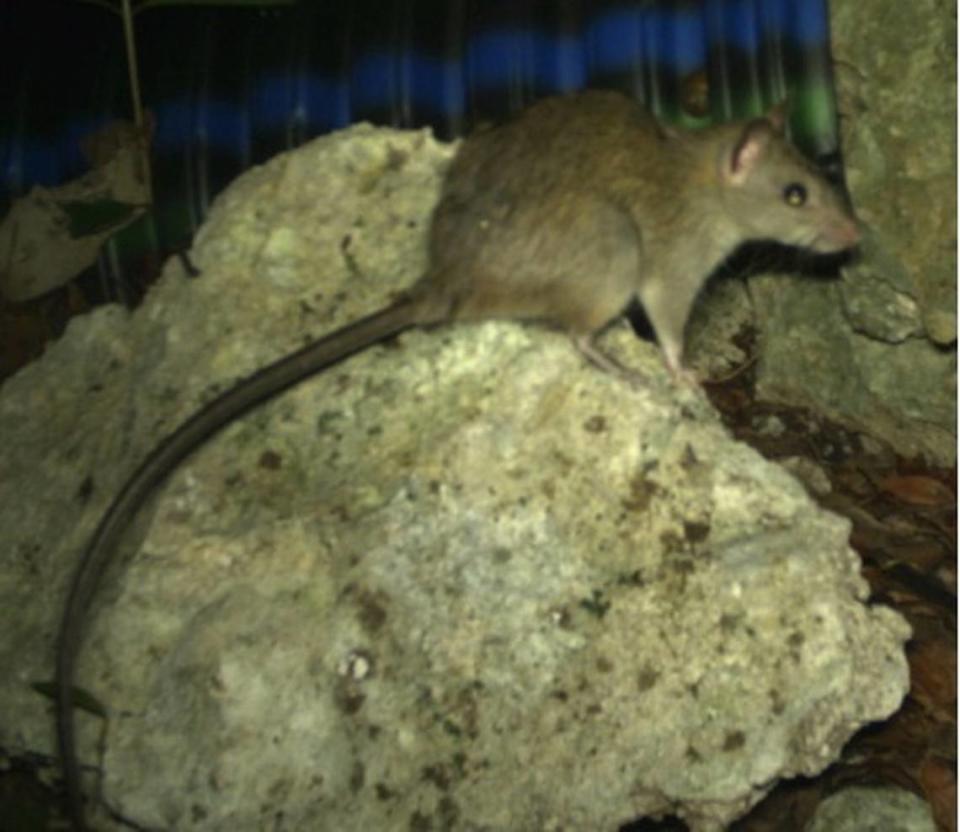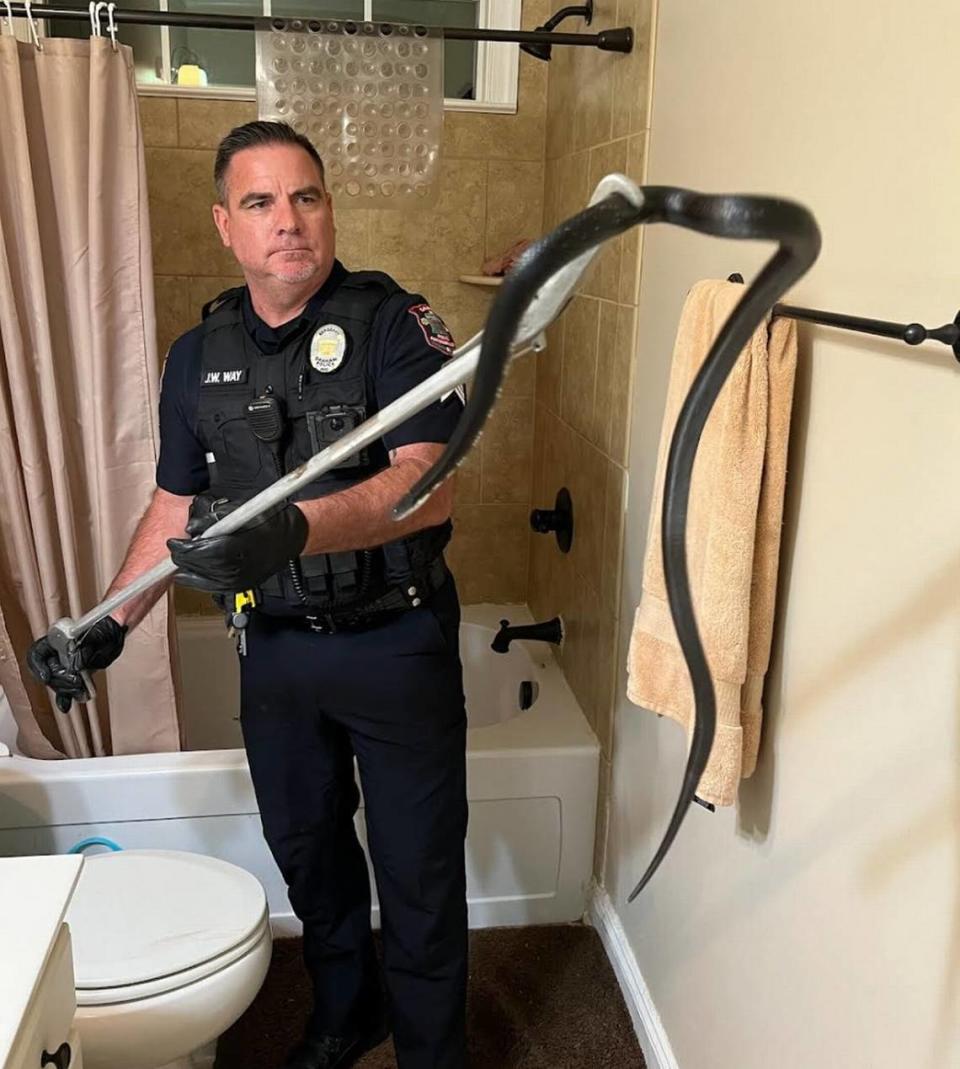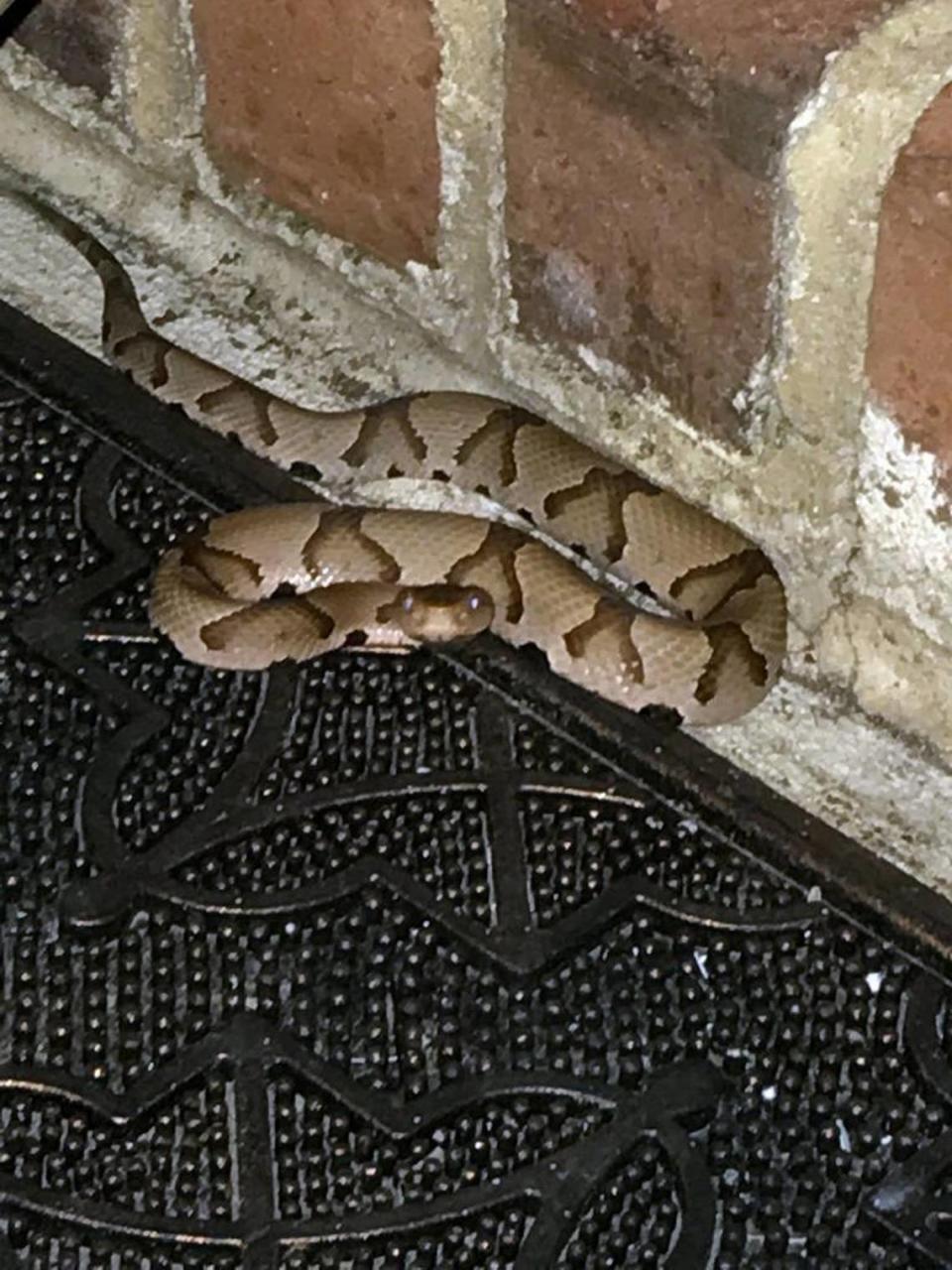5 ways to keep your NC house free of bugs, rodents and snakes during winter months
As temperatures continue to drop, many North Carolina pests look for ways indoors to take advantage of our sweet, sweet heat.
The News & Observer has written many stories this year about some of our most frequented cool-weather house guests, like mice, rats, stink bugs, ladybugs and even snakes.
We’re rounding up the best and most important tips for keeping all of these potential roommates out of our spaces once and for all.
Here are 5 ways we can best protect our homes against these pests trying to invade as winter approaches.
How to keep snakes, bugs, rodents out of your house in winter
1. Seal holes: This will help protect against rodents and bugs.
Use expanding foam and caulk to ensure these small spaces are blocked off. But remember, mice are tiny, and they can fit into the smallest of holes.
Rats are larger than mice, meaning they can’t get into those extra tiny holes like mice can, but they do squish to get into small spaces, said Michael Cove, research curator of mammalogy for the NC Museum of Natural Sciences in Raleigh.
Read The N&O’s full story about our state’s “rattiest” cities from earlier this year.

2. Lock up your food: This will help protect against rodents and bugs.
Easily accessible food is the main reason pests of all kinds enter our homes.
Air-tight containers and other hard packaging can help keep mice, rats and bugs out of your food (and bar them from coming back).
They often go after pet food, which can be in an easily chewable bag in the pantry or even left out for hours during the day.
Read The N&O’s previous coverage of stink bugs, ladybugs and kudzu bugs wanting to invade your house this fall.
3. Opt for natural deterrents: This will help protect against rodents.
Strongly spiced, highly concentrated oils work well here. Clove, peppermint and cinnamon oil are commonly used to keep rodents away.
Apply these oils to the outside areas of your home, such as where the HVAC system connects inside. These are the spots house mice and rats are likely to crawl inside and begin nests.
Using poison is a bad idea for a few reasons:
• You can’t control where the rodents die. They’ll likely bring poison baits back to their nests, which you can’t see. In this situation, you’d probably wind up with dead animals in your walls, Cove said.
• These products are bad for the environment and native ecosystems. Rodenticides often end up in the environment, which can negatively influence wildlife that consume rodents.
Read The N&O’s full story about mouse-proofing your home ahead of the cool months.

4. Check sewer cleanouts and ventilation pipes on your roof: This will help protect against snakes.
Copperheads — our region’s most common venomous snake — and other slithery creatures don’t spend too much time in the cold, but sporadic warm days can make these reptiles active.
In fact, we’ve reported stories before about copperheads sunning themselves on stone walls and in backyards in January.
“Copperheads and other snakes become active whenever temperatures rise above about 60˚ F. During warm weather, regardless of the season, snake sightings aren’t unusual,” said Falyn Owens, wildlife biologist for NC Wildlife Resources Commission.
To keep these critters out all 12 months of the year, make sure your sewer cleanouts are securely closed, and check ventilation pipes on your roof, Owens said.
Ventilation pipes should be fitted with a screen that lets gasses escape but keeps the snakes (and other household pests) out.
Read The N&O’s previous coverage of snakes in toilets and how to make sure this doesn’t happen to you.
5. Clear ground-level vegetation: This will help protect against snakes, rodents and bugs.
For snakes, cleaning this vegetation will make the space around your home less attractive to both snakes and their rodent prey. While snakes aren’t attracted to people or porches, they do like nearby cover and food.
Bugs can easily make their way from your outdoor plants into your home if their leaves and branches are brushing up against your house.
Their branches can easily serve as bridges, giving bugs a convenient pathway right into your house, said Sydney Crawley, an NC State Professor and insect specialist.
So clean up your landscaping to make it more difficult for bugs to enter your living area. Same goes for reptiles and rodents.
Read The N&O’s previous story on why copperheads like coming onto front porches so much.

Inspired by a story from South Carolina’s The State.
Triangle Asked & Answered: What do you want to know?
Have a question about something in our community? The News & Observer’s Service Journalism team wants your questions for our Triangle Asked & Answered series. Reach out to us by filling out this form or by sending an email to ask@newsobserver.com.
A list of the best live Christmas tree farms and lots in the Triangle
Remote jobs in Wake with $100K salaries: Work-from-home openings this holiday season

